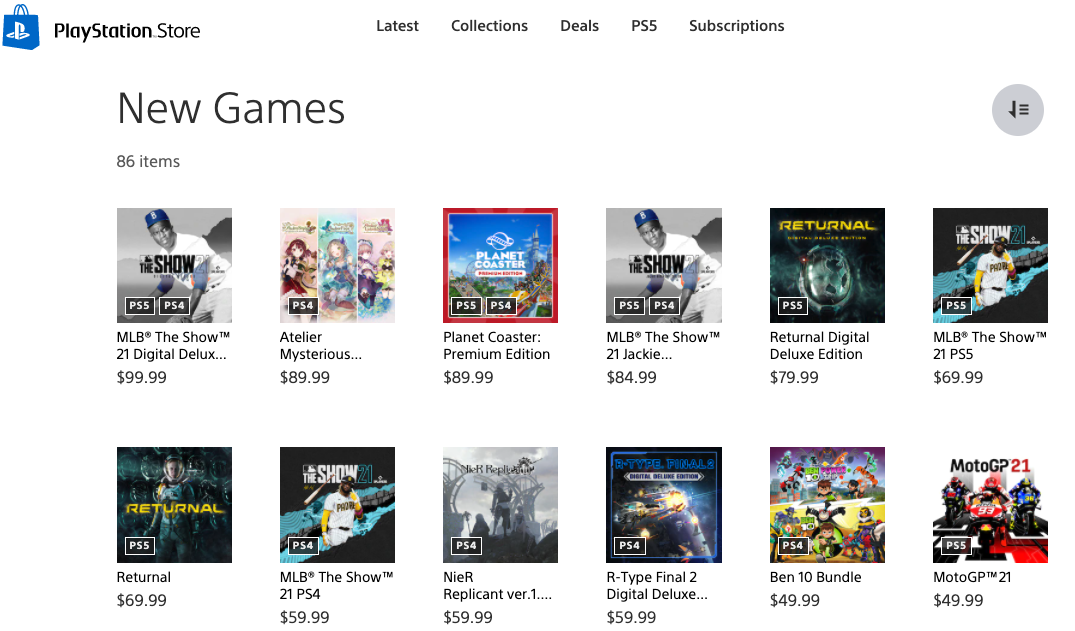Sony Could Face Lawsuit Over PlayStation Store Game Monopoly
PlayStation #PlayStation
Sony is facing a potential class-action lawsuit from consumers claiming it’s operating a monopoly by only allowing digital PlayStation games to be purchased through the official PlayStation Store.
The lawsuit states Sony barred third-party retailers like Amazon and GameStop from selling download codes for PlayStation games on April 1, 2019, making the PlayStation Store the only place to purchase digital PlayStation games. Further, the suit claims Sony’s policy “swiftly and effectively foreclosed any and all price competition in the retail market for digital PlayStation games” by requiring publishers who sell games on the PlayStation Store to “relinquish full control over the retail price.”
This all culminates with consumers paying anywhere from 75-175% more for digital games from the PlayStation Store than those of their physical counterparts, the class-action lawsuit claims. We have seen certain games, like Devil May Cry 5: Special Edition, stay at their standard price on the PlayStation Store while the physical version was discounted at other retailers several times.
“Sony’s new restrictions established a monopoly over the sale of digital PlayStation games,” the class-action lawsuit states. “Sony’s monopoly allows it to charge supracompetitive prices for digital PlayStation games, which are significantly higher than their physical counterparts sold in a competitive retail market, and significantly higher than they would be in a competitive retail market for digital games.”
 The PlayStation Store, the only place to buy digital PlayStation games.
The PlayStation Store, the only place to buy digital PlayStation games.
We’ve reached out to Sony for comment and will update this post if we hear back.
Richard Hoeg of Hoeg Law Firm said the lawsuit is a difficult case because of established US antitrust laws.
“Overall, I think it’s a very difficult case to make, given that (i) historically the US antitrust laws have not been used against hardware providers in such a way (a hill Epic itself has to climb in the pending litigation), (ii) Epic is going out of its way to provide testimony in their own case to establish that their theory should not be applied to console manufacturers, and (iii) Sony is being asked here to provide an affirmative service (digital code distribution) whereas Apple is effectively being asked only to get out of Epic’s way,” Hoeg said.
The next steps for the Caccuri v. Sony Interactive Entertainment LLC lawsuit will be the court determining whether a class (more than just one plaintiff) should be certified, which will be based on several factors including the number of individuals affected and how similar the facts around the claims in the suit are. All eyes are on the Epic v. Apple trial, which could open the doors for litigation against monopolistic companies.